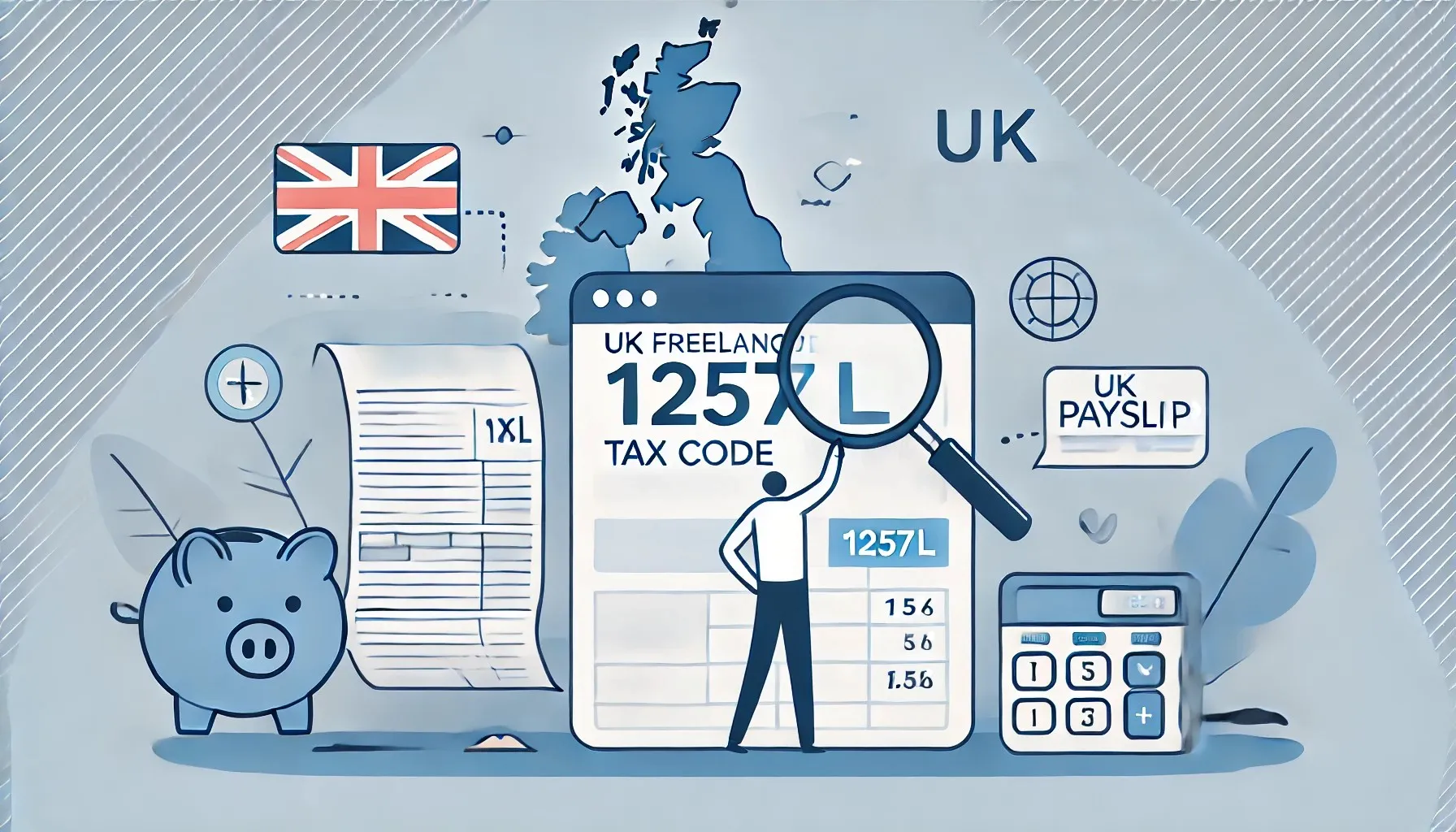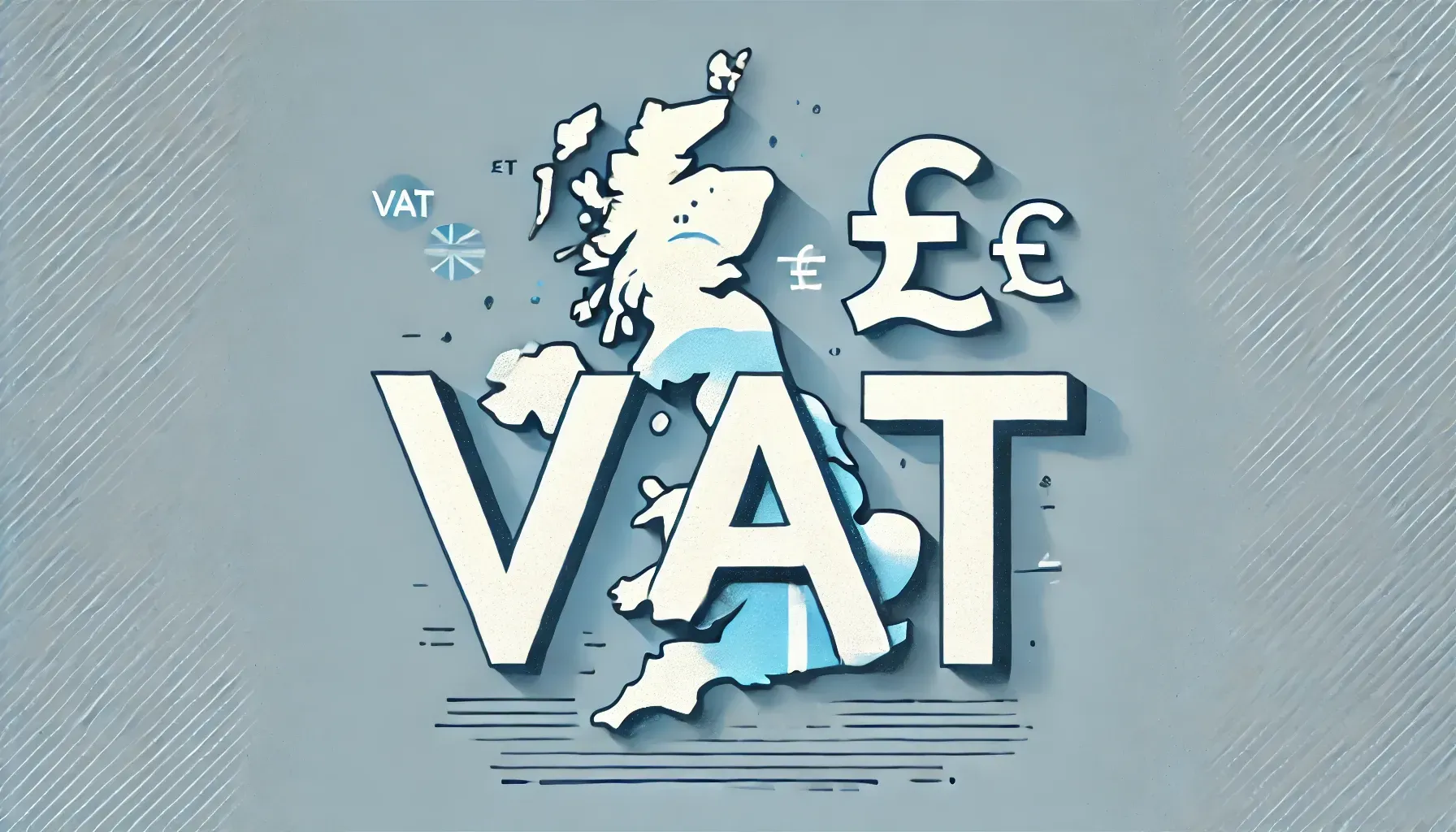Understanding the 2024 Budget
- 16 October 2024

How the Latest Government Budget Affects Your Business
The recent government budget has introduced several significant changes that will have a major impact on businesses across the UK. The last budget under a Labour Government, presented on 24th March 2010, occurred in a vastly different political and economic climate, shaped by the aftermath of the 2008 financial crisis. This year, anticipation was high, with many watching to see how the new administration would tackle challenges such as the pandemic, supply chain disruptions, Brexit-related issues, cost-of-living pressures, and rising interest rates.
Since the budget’s release, responses have been mixed, particularly among businesses. Many of the changes announced are expected to increase the tax and cost burden on nearly every business, with significant hikes in National Insurance Contributions and the national minimum wage, raising concerns among business owners.
To help businesses understand the potential impact, we’ve outlined the key changes that could have the most significant effect on companies in 2025.
Plan ahead for tax changes. Staying informed about upcoming budget adjustments and making timely adjustments to your business strategy can save you significant costs and help you remain competitive.
National Insurance Contributions (NICs)
The government has announced a 1.2% increase in employer NICs, alongside a significant reduction in the NIC threshold from £9,100 to £5,000. This lower threshold will remain in place until April 2028, after which it will align with the Consumer Price Index (CPI).
This change has sparked criticism, particularly in sectors like hospitality, where increased NICs combined with a higher National Living Wage could add £3.5 billion to annual costs. Some leaders are proposing alternative approaches, such as a 5% NIC rate for workers earning £5,000–£9,100, or exemptions for those working under 20 hours per week.
What Employers Can Do
- Review 2025 payroll budgets, especially for labour-heavy businesses
- Leverage the increased Employment Allowance (now £10,500)
- Explore salary sacrifice schemes and tax-efficient benefits
Capital Gains Tax (CGT) Changes
From 30 October 2024, CGT rates will increase on assets (excluding residential property and carried interest):
- Lower rate: from 10% → 18%
- Higher rate: from 20% → 24%
Reliefs Still Available
- Business Asset Disposal Relief: 10% until April 2025, rising to 14% then 18%
- Investors’ Relief: Lifetime limit will fall from £10m to £1m in April 2025
Businesses planning disposals should take early advice to utilise reliefs before the increases take effect.
Inheritance Tax – BPR & APR Reductions
From April 2025, reliefs for business and agricultural property will be capped:
- 100% relief only applies to the first £1 million in combined BPR and APR
- Any value above this is subject to 50% relief
This is a major shift, especially affecting family-run farms and rural businesses. The change has triggered legal and financial reviews and even farmer protests outside Westminster.
Recommended Actions
- Begin legacy and succession planning early
- Review business structures with tax advisors to maximise remaining reliefs
Stamp Duty Increases for Landlords and Investors
For England and Northern Ireland, the stamp duty surcharge on additional residential properties will rise from 3% to 5%. However, the planned 1% rise for non-residents was scrapped, keeping it at 2%.
Update from Scotland
The Scottish government will announce its plans on 4 December, which may include changes to the Land and Buildings Transaction Tax (LBTT) and the Additional Dwelling Supplement, currently at 6%.
Reduced Business Rates Relief for Hospitality & Retail
Relief for the retail, hospitality, and leisure sectors has been extended, but the discount will drop from 75% to 40% from April 2025, capped at £110,000 per business.
How to Prepare
- Reassess financial projections for 2025
- Apply for other schemes like Small Business Rate Relief
- Seek local government grants to ease the burden
A Mixed Budget for UK Businesses
This budget introduces notable fiscal tightening. Many SMEs, still recovering from recent shocks, face new pressures from tax increases and reduced support. Although measures like the fuel duty freeze and draught alcohol rate cut may ease the strain for some, broader sentiment reflects concern.
With insolvency rates at a 30-year high, businesses should take proactive steps to stay compliant and resilient. The Bank of England’s interest rate reduction offers some hope, but with inflation still rising, careful planning is essential.
Need Help Navigating These Changes?
SBX Accountants offers tax planning, payroll support, and compliance advice tailored to small businesses and landlords. Get in touch today for strategic guidance through the 2025 budget changes.





